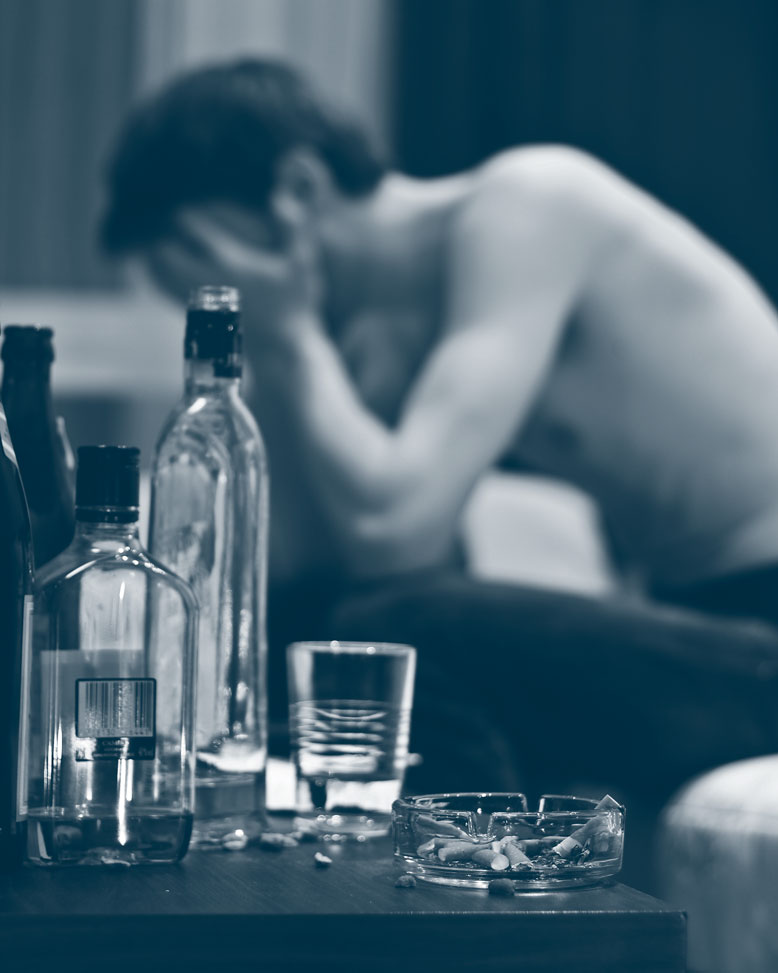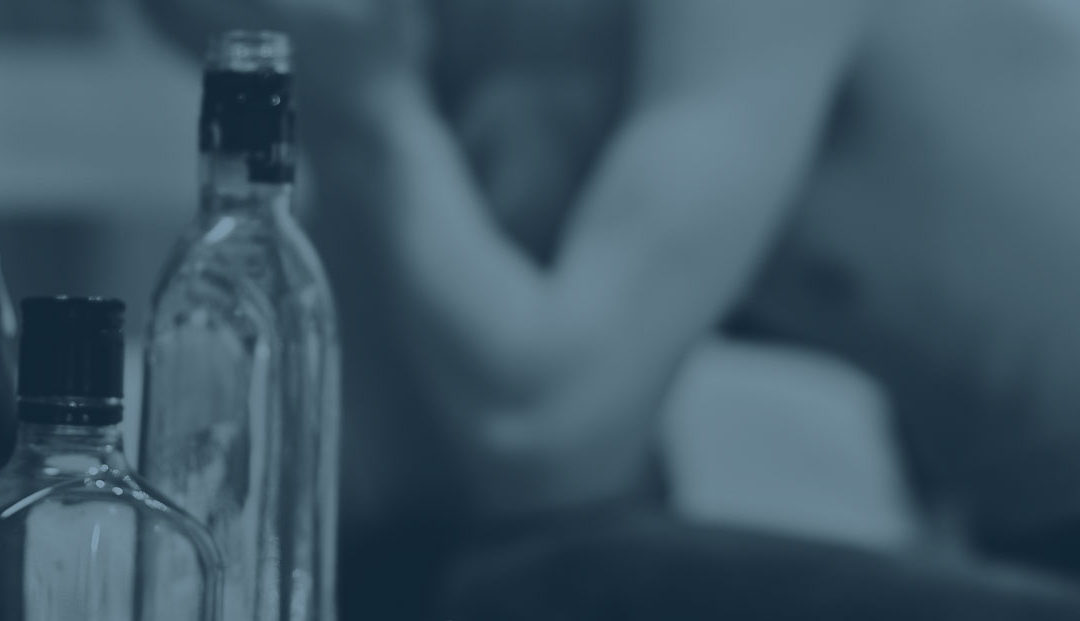Am I An Alcoholic?
In a culture that drinks to excess, many people could take these self-assessment tests and discover that the results would determine that they are an alcoholic, even if they’re not. So, how do you know if you’re really an alcoholic? And does it even matter if you’re an alcoholic or not? What does the label determine? If you believe you have an unhealthy relationship with alcohol, then you can quit.

Today, many people are getting sober “for the health of it.” Others are identifying as “grey area drinkers.” These are drinkers who didn’t necessarily have an addiction to alcohol, but they knew their relationship to alcohol was problematic.
The question that should be posed around alcohol use is how free are you? Does alcohol control your life? Do you desire alcohol when you are disappointed, anxious, or under stress? Is motherhood made easier with a glass of wine? Do you feel you deserve a beer after a hard day? Even people who don’t have a problematic relationship with alcohol can start to see how free they could become without it, if they were willing to give it a try.
Here are some of the questions posed by NCADD, The National Council on Alcoholism and Drug Dependence. This is their self-assessment quiz titled “Am I an Alcoholic?”
- Do you try to avoid family or close friends while you are drinking?
- Do you drink heavily when you are disappointed, under pressure or have had a quarrel with someone?
- Can you handle more alcohol now than when you first started to drink?
- Have you ever been unable to remember part of the previous evening, even though your friends say you didn’t pass out?
- When drinking with other people, do you try to have a few extra drinks when others won’t know about it?
- Do you sometimes feel uncomfortable if alcohol is not available?
- Do you sometimes feel a little guilty about your drinking?
- Has a family member or close friend expressed concern or complained about your drinking?
- Have you been having more memory blackouts recently?
- Do you often want to continue drinking after your friends say they’ve had enough?
- Do you usually have a reason for the occasions when you drink heavily?
- When you’re sober, do you sometimes regret things you did or said while drinking?
- Have you tried switching brands or drinks, or following different plans to control your drinking?
- Have you sometimes failed to keep promises you made to yourself about controlling or cutting down on your drinking?
- Has your physician ever advised you to cut down on your drinking?
- Do you eat very little or irregularly during the periods when you are drinking?
I am a sober woman who does not drink. However, there was a time when I used to drink what I believed to be normally. Meaning, I drank in the same way my friends drank. I decided to take the quiz as if I was still a 21-year-old female to determine what the results would be.
I answered yes to 9 of the 20 questions in the “Am I An Alcoholic” self-assessment quiz.
The test results determined that I had a serious problem with alcohol-use that required prompt attention and/or treatment. This is surprising to me. Why? Because at 21 years old, I had just began drinking and I was drinking like everyone around me. However, these results show that early-intervention is key and we do not have to hit rock bottom to seek help.
I believe our society has a huge problem with alcohol use. We normalize it and act like it’s OK to blackout every other weekend. We think that we deserve alcohol. The truth of the matter is that alcohol is killing us. According to the NCADD, an estimated 88,000 people die from alcohol related deaths each year. This makes alcohol the third leading cause of preventable deaths in the U.S.
If you would like to take the “Am I an Alcoholic Quiz” through the NCADD, please follow this link. The results may surprise you, but please remember there is help.
We can help.

ABOUT LARA
Lara Frazier is a truth-teller, a sobriety warrior and a writer. She is a FIERCE believer in the power of owning our stories and is a strong advocate for addiction recovery. Lara shares a story of healing: in sobriety, through addiction, in life and love, and in all the other big huge moments of fear and magic that we rarely talk about, but we should. Find more of Lara’s work on her website at www.larafrazier.com or follow her on Instagram @sillylara.
Recent Posts


